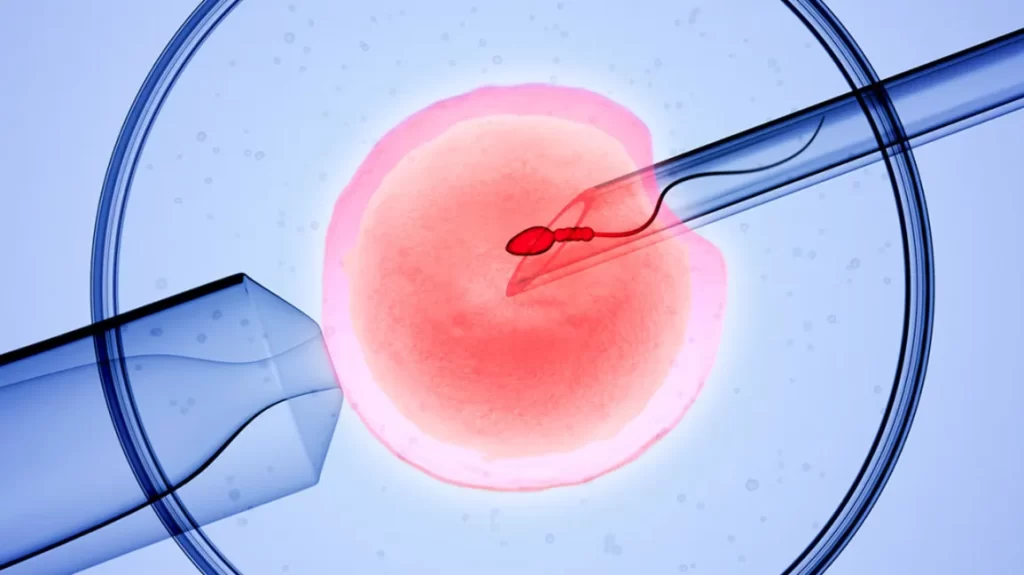5 Reasons You May Need IVF

According to the CDC, more than six million Women in America aged 15-44 have had difficulty getting or staying pregnant. Most common cases of infertility in women result from ovulation problems. Without ovulation, fertilization of eggs cannot happen. Depending on several factors, one of the common infertility treatments your doctor may recommend for you is in vitro fertilization (IVF). San Diego IVF is one of the most invasive treatments. It may be recommended after other non-invasive infertility treatments, such as ovulation-stimulating medications and artificial insemination, have failed to make you pregnant.
IVF generally involves boosting your egg production, retrieving eggs from your follicles, collecting sperm from your donor or partner, fertilizing an egg, and transferring the embryo into your womb. Once your fertility specialist has enabled the fertilization of your eggs with sperm, you may be given medication to prepare the lining of your womb (uterus) to receive embryos. It takes a few days after fertilization for your doctor to transfer several fertilized eggs into your uterus.
Consequently, below are reasons you may need in vitro fertilization (IVF).
- Destroyed or blocked fallopian tubes
Your fallopian tubes provide a passageway that enables the meeting of an egg and a sperm, leading to fertilization. A fertilized egg or embryo then makes its way and implants into the lining of your uterus.
If your fallopian tubes are blocked or damaged, you or your partner may find it hard to become pregnant.
Common conditions that may affect your fallopian tubes and lead to infertility include ovarian cancer, hydrosalpinx, pelvic inflammatory disease, and substantial cysts in the ligament connecting the fallopian tube and ovary. Also, congenital anomalies and scarring due to abdominal surgery may cause fertility problems.
- Ovulation problems
Disturbances in egg production characterize ovulation problems or disorders during your menstrual cycle. Potential symptoms of ovulation problems may include irregular periods, mood changes, and loss or gain of weight.
Some common ovulation problems may result from hypothalamic dysfunction, polycystic ovary syndrome, and excessive production of prolactin.
- Endometriosis
Endometriosis is a condition that leads to the innermost lining layer of your uterus growing in other sections of your body, including in the fallopian tubes.
The growth of the endometrium in the fallopian tubes can lead to their blocking. That prevents fertilization and the traveling of eggs to the uterus. The cells lining the uterus may also form scar tissue in the tubes and ovaries to prevent you from getting pregnant.
- Uterine myoma
Also known as uterine fibroids, myomas are non-cancerous growths that develop in the uterus. The cysts consist of muscle and connective tissue of the uterus walls.
Uterine fibroids can reduce your fertility and prevent pregnancy in different ways. For instance, uterine fibroids can block your fallopian tubes and change the shape of the cervix, affecting the number of sperm entering the uterus.
- Cancer treatment
Treatment of cancer and other conditions can harm your fertility. Thus, you may go for IVF to preserve your fertility so you can get pregnant after your recovery from treatment. Your fertility specialist can harvest your eggs from the ovaries and freeze them for future use.
Contact Gen 5 Fertility today to schedule an appointment with fertility specialists.

